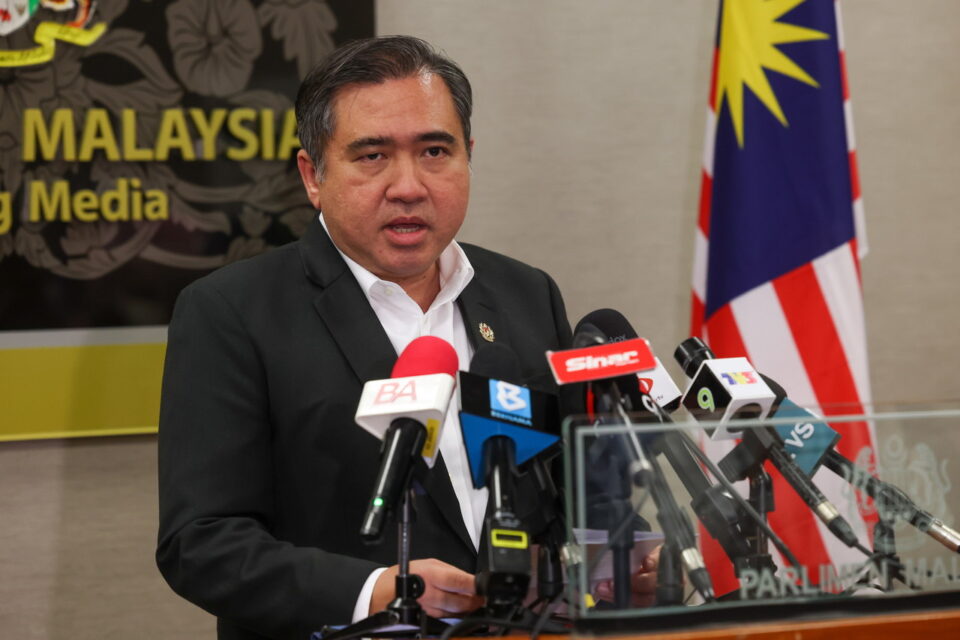KUALA LUMPUR, May 5 — The reactivated National Shipping and Port Council (NSPC) will ensure the local maritime industry remains competitive, said Transport Minister Anthony Loke Siew Fook.
He said the main issues to be discussed at the NSPC meeting in two months are to discuss the direction of the maritime industry, address current issues, and examine related policies to include bank financing as well as challenges related to the shipping industry ecosystem.
The NSPC was first established in 2018 when Loke was then Transport Minister, with regular council meetings held every three to four months.
In Budget 2021, presented by then-finance minister Tengku Datuk Seri Zafrul Abdul Aziz, RM3.7 billion had been allocated under the maritime and logistics development scheme, the sustainable development financing scheme, the tourism infrastructure scheme and the public transport fund to develop the transport sector.
However, in Budget 2023, the maritime industry’s allocation was reduced to RM1 billion and placed under the maritime and logistics scheme.
“The application for the fund, which aims to modernise the country’s maritime sector, is under the authority of Bank Pembangunan Malaysia Bhd but there are issues related to the application procedure and fund distribution,” Loke said at a press conference after witnessing the signing of a memorandum of understanding (MoU) between the Malaysian Bunkering Association and the Malaysian Shipowners’ Association, earlier today.
Bunkering, which is the supply of fuel or petroleum products from ship to ship, is a strategic sub-sector of the maritime industry but has received little attention prior to this, said the minister.
He emphasised the size of the bunkering market — with a four per cent growth annually — will reach US$160 billion (RM709.9 billion) in 2030 compared to the world’s bunker fuel market estimated at US$110 billion in 2020 (RM488 billion).
“The growth potential of bunkering activities is quite large. It can contribute to the growth of the country’s economy, especially by catalysing the formation of a more dynamic and competitive maritime economic eco-system chain in Malaysia,” Loke said.
The minister stressed the MoU between MBA and MASA is a good starting point, in line with the government’s efforts to ensure that all obligations and conditions under the International Convention for the Prevention of Pollution from Ships are perfectly implemented, including the use of double-hull double-bottom ships to improve bunkering industry competitiveness and environmental sustainability.
“For single-hull double-bottom tankers handed over before July 1996, they are allowed to carry oil and their operations can continue subject to certain conditions.
“The renewal of conditions will come into effect via a new Malaysia Shipping Notice to be issued by the Malaysian Maritime Department this month and it is expected to come into effect on June 1, 2023,” he said.
Loke also emphasised the policies take into account the needs and wishes of industry players in Sarawak and Sabah, as well as islands using small vessels comprising mainly single-hull vessels or licensed boats.
— Bernama





